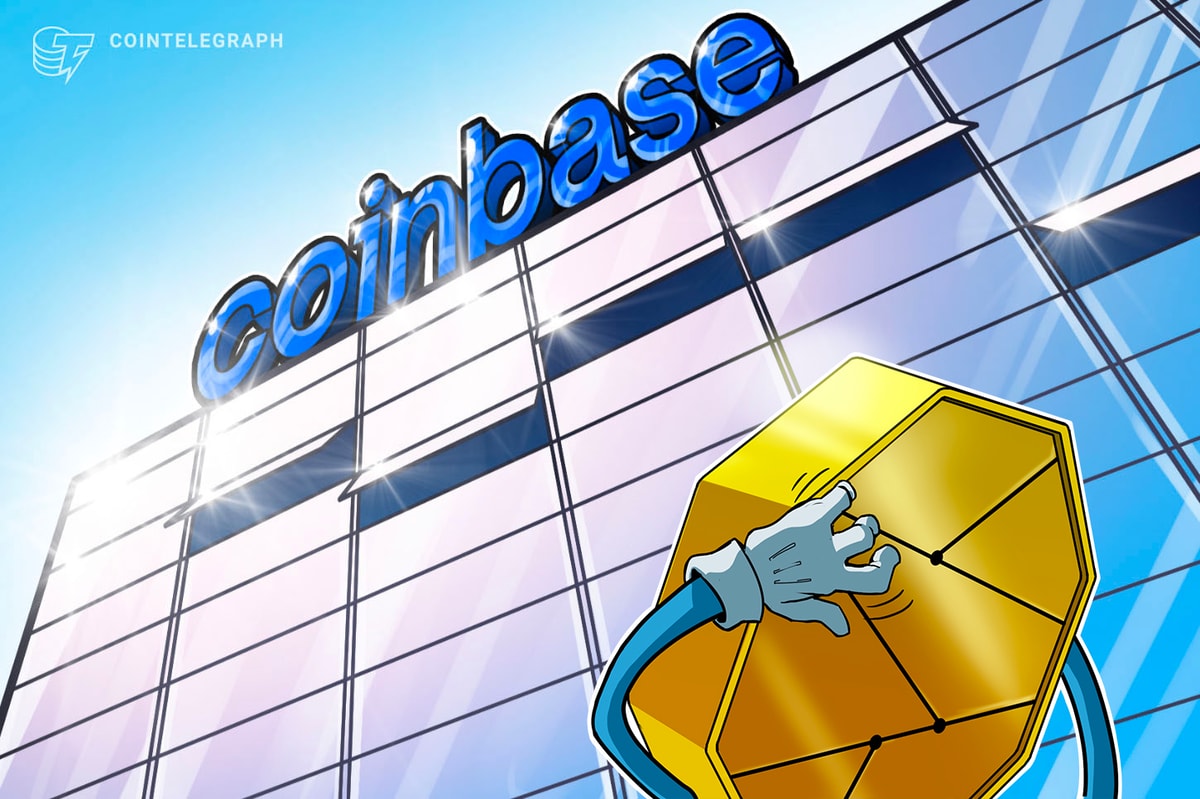Cointelegraph: You’ve been self-employed as a cryptographic economist and computer scientist since 2012. Can you share some of the things you’ve been working on?
Blake Anderson: When I began working with Bitcoin, I spent much of my time going over why it had value and where the incentive system would eventually lead. I remember specifically telling one of my venture capitalists connections early on that if BTC were to replace 10% of FOREX trade as the medium of exchange it would equate to a price of well over 1 million USD per BTC.
Early on, it was one thing for me to read the white paper and know from my previous experience that it was historically significant. However it was another experience altogether when I began to extrapolate the ramifications of this technology relative to human progress and what mankind can accomplish as a whole as well as what individuals can accomplish in a day, week or lifetime. Galvanized and motivated by the knowledge that I could empower myself and others to disenfranchise the lender of last resort, I began making Bitcoin derivatives contracts and investments with my contract attorney.
I did everything I could to get people exposure to a medium of exchange that was not only deflationary, it increases in value relative to the price of goods and services, but would ameliorate the most pernicious features of the state even if not used for strict agorism.
In other words, Bitcoin made it possible for the individual to wage the supreme art of war against institutionalized theft and violence without the risk of even more theft and violence being focused directly at them.
CT: Your background, before you got into Bitcoin, was in security, right? Tell us about that. How did that inform your enthusiasm for Bitcoin? What was it about Bitcoin that compelled you to change career paths?
BA: As a child, I was the most curious pain in the ass that ever lived. I would ask everyone questions about everything constantly. Like many of my generation, my parents split up, leaving my two brothers and I with 50% of the attention that children normally get and having even that split three ways between my brothers and I.
The economy was much better then than it is now, but both of my parents had to work full time to provide for us three boys. This being the case, I developed a passion for information technology, as it was able to answer all of my endless questions without getting exhausted.
In 1998, when I was 12, I built a Beowulf cluster and fell in love with perfecting difficult systems. Most of my career was spent doing project management for information tasks that required a subject matter expert that really didn't exist or hadn't existed for long. Because of my lust for autodidacticism, I was frequently put in charge of convoluted projects or promoted to senior project manager when baselines began to fall through.
As I quickly worked my way up to more difficult projects for larger businesses, I found myself working in math-based security for underwriting and financial institutions writing project plans and implementation/operational security policies. As proud as I was of what I had accomplished, and as fascinated I was by the nature of my work, I was thoroughly unhappy.
Being present at ever more meetings dealing less with the semantics of technology and more with the details of our financial system, I came to realize that my careful logically driven work was wasted securing a fractional reserve system that was a blight on mankind.
After the 2012 republican national convention disenfranchised citizens, including veterans, to prevent the leader of the US from debating an expert on sound economics, I understood that it was incumbent upon the information science community to do something.
Stefan Molyneux is and has been a big influence on me and had discussed something called Bitcoin off and on since 2010, but I had never taken the time to look into it. That was until one day when I was working for encryption and cryptographic services business unit at a Fortune 25 financial institution as an information technology math-based security project manager. My business analyst told me that he had discovered a new medium of exchange that wasn't subject to what had happened to eGold.
I remember doubting that it was possible until he mentioned Bitcoin, and it resonated with my memories of Stefan speaking about it. I finally pulled up the Bitcoin white paper written by Satoshi in 2008 and read the whole thing, and by the time I reached the end I had tears in my eyes. I understood that this medium of exchange based on a secure network and polymatically brilliant incentive system would incontrovertibly influence the linear increase in human progress and understanding into a curved or exponential increase.
In short, I had identified what I believe to be the strongest possible method by which to encourage a more rapid onset of the technological singularity. For the first time in years, I remember feeling that my ideas of what’s possible not only made life worth living but worth embracing and pouring my entire purpose into.
I have never felt so happy, motivated and healthy as I have since I dedicated myself to the engendering of ideological consistency in the world.
CT: What developments or innovations in cryptocurrencies are you excited about at the moment?
BA: I am still very excited about Bitcoin itself reaching increased ubiquity. I am excited for people to realize that poor quality journalism loves to smear Bitcoin and that publications get away with doing so because a decentralized system cannot hold them to account for libel or slander, as it will improve the ability of people to filter out the static.
People increasingly learning to filter out static and bad information about Bitcoin will cause great sources of information like Cointelegraph and Crypto Biz Magazine to get more attention. I am hopeful about great thinkers in the Bitcoin community like Kristov Atlas, illustrating to those full of trepidation that you can be in control of your stored fruits of your labor directly as well as how to get the privacy that so many desperately want in our current age of no-holds-barred global fiat debt lunacy.
I am paranoid about ghost ware, software that never gets finished, so I am hesitant to promote ongoing projects until they have been finished and tested, but I do have a finished copy of Kristov Atlas's Anonymous Bitcoin, and I encourage everyone interested in Bitcoin or any digital storage of value to familiarize themselves with it. If there is a Bitcoin use and security standard that I would lend my name to, it would be Kristov's book. I feel that his writings really are a collection of best practices, which is what we use in IT to ensure that systems are configured and or used in the best ways we have discovered thus far.
CT: You will be at Bitcoin in the Beltway this month. Can you share some of what you plan to speak about? What do you expect from this particular conference?
BA: Bitcoin in the Beltway is going to be an extremely important Bitcoin event.
People who think we are on the right path and that our global debt crisis is just dandy like to smear Bitcoin, stating that the core principles that make the incentive system so lucrative are "radical."
Our theme at this conference is more or less going to be "as ‘radical’ as possible" as we all illustrate why free markets and the right to retain the fruits of your labor and to be efficient in your human action is NOT radical at all.
I'm not a fan of politics in the context of playing ball with one of two parties, but even with that being said the cornerstone of both conservative and liberal politics in the United States of America is the staunch support of free markets. So, if we admit that we currently have a system and advocates thereof contending that we need a highly activist state involved in every level of commerce, we cannot be said to have a free market or really even any market at all.
If I modify and change the market, "corrupt it," stating that my goal is to make it "incorruptible," it is akin to a neurosurgeon stating that they caused brain damage to prevent ... brain damage.
Having freer markets in the past in the US as well as a lower tax burden contributed directly to the ability of the US to rise to the status of a superpower. Now that we are a superpower as a result of those freedoms, the small state that came along for the ride now has much more wealth and power than it used to and has become abhorrently corpulent, violent and wasteful.
CT: Where can our readers find you and your work online?
BA: I can be found on Facebook.com/GotBlake.
I am on the board of advisers for Crypto Biz Magazine and write articles for them from time to time. I also serve as subject matter expert for Cointelegraph and make myself available to their fantastic writers relative to opinions or collected metrics/data.
I don't have a Twitter account but get asked about making one nearly every day. My canned response to making a Twitter account when asked in interviews is, "Tweeting about Bitcoin is like discussing physics theory with hand gestures."
I am honored to be interviewed by one of the best publications about Bitcoin and couldn't be more proud of all that CT has accomplished.











